|
Depending on where you live the recommendations for emergency food storage vary. In big cities which are “high priority” for emergency services and which would get a lot of attention if a major disaster occurred (think New Orleans, Houston and San Francisco!) it’s recommended to have a 2-week supply of emergency rations for everyone in the household. In more rural areas like where I live, where the power can go out for after a week due to a simple windstorm (thank you, beautiful evergreen trees we love which fall onto power lines with regularity!), a major natural disaster or other unfortunate event would require 30+ days of food on hand. And that’s a minimum estimate. As our local fire chief likes to point out – we are NOT at the top of anyone’s list. We are ON our own! Anyways, if you’re a prepper then you’ll want to have WAY more food that the suggested minimums. My goal for my family is a 12-month supply of stored food. We’re not there, yet. But that’s the goal. Take a look right now into your refrigerator and freezer: what have you got? If you’re like my family there are several gallons of milk, some yogurts, a bunch of (possibly expired) condiments, drinks, less than a dozen eggs, some leftovers, and some vegetables of varying ages (Hmm. That lettuce looks iffy. And how long do brussel sprouts stay good? Should I peel off the outer leaves?) In the freezer there is of course ice cream, a dozen bagels, frozen pizza, some free range chicken breasts and a few pounds of ground beef (grass fed and organic, of course). I’m vegetarian but my family is not. Would I eat meat in the case of a natural disaster starvation situation? You bet I would! But by the time I’m ready to do that I’m guessing all the meat will have been consumed by my family members. I’ll address the plight of vegetarian in SHTF situations in a future post. How long will the contents of your refrigerator and freezer last? I propose that for most of us this easy-to-access “fresh” food will last less than a week. Remember – the power will be out. The dairy products will need to be consumed ASAP before they go bad, and the frozen stuff will thaw pretty quick. Eat the ice cream right away! SO – once that’s gone what do you have in your kitchen? Hopefully your pantry area holds more than a few boxes of breakfast cereal (which you’ll have to eat dry, pretty soon, unless you have powdered milk - see below!) Canned foods are nice because they don’t require much time to prepare and, let’s be honest, you can eat them unheated, since everything has been pre-cooked. I talked about WHERE to store food long-term in my 3/5/17 blog post. Today I’d like to talk about WHAT kind of food to store and HOW to manage it so you don’t end up with a bunch of sketchy expired food when the time comes to pull out the can opener! Some quick tips about long term food storage...
Some thoughts about expiration dates…. All expiration dates, including those on food but also on medications, are just “best by” dates. At best, they’re warning lights, like when your car gives you a head’s up that you’ve got 30+ miles until you run out of gas. At worst, they are WILD GUESSES about how long the food or medication will stay fresh. Stuff the manufacturers don’t want you to know about expiration dates:
How to rotate food so you waste less: We’ve all done it – you open up the pantry, grab a can of soup or some refried beans, and realize the “good by” date is a couple of years ago. Can you still eat this stuff? Should you? The answer is USUALLY Yes, you can. If the can is swollen, definitely do NOT eat it! The same goes for food that smells or tastes bad. But if it smells and tastes about right, you should be OK. The canned food won’t be as fresh and delicious as it was a couple of years ago, but it won’t kill you. That said – let’s try to avoid this situation, if only for good morale! The best ways to avoid food expiration include:
Tips for bulk buying and finding sales on non-perishable food:
Storing foods to preserve shelf life using oxygen absorbers: Once you get into storing food this way you will REALLY start feeling like a prepper. And your family members will definitely start rolling their eyes and calling you one. But, honestly, you ARE a prepper and this is a great way to make food last longer, so be PROUD and GO with it! This is pretty simple – you just need thick, food-grade mylar foil bags, oxygen absorber packets, and a way to seal the bags, like a hair flat iron. You can order your supplies easily online. Great foods to store this way include: white flour, white rice, sugar, pasta, breakfast cereal, dried beans, powdered milk, pancake mix and oatmeal. A few words about freeze-dried food:
Some amazing foods can last FOREVER! This is a short list, but it’s still pretty nifty. With proper storage (ie – a cool, dark, dry storage area) certain foods can last pretty much forever, including:
This posting is just the tip of the iceberg as far as long-term food storage. Please feel free to message me with any questions or if you have some good ideas to share!
5 Comments
Dan
3/9/2020 03:57:46 pm
here I found emergency food
Reply
Harley
7/11/2022 05:08:57 pm
Pretty nice guide to food storage! Thanks a lot. I want to share a company that helped me sort out my community duties and build my club. "Community Club Victoria". https://www.ccv.net.au They understand club needs and provide support and advice to club networks. Once again, thank you.
Reply
4/4/2023 09:25:39 am
As a farmer of 15 years, I found your article on long-term food storage to be very informative and extremely helpful. Your breakdown of the different types of food that can be stored long-term, such as grains, legumes, and dried fruits, is spot on. I appreciate that you provided practical tips for storing these items in a way that will keep them fresh for years to come.
Reply
8/11/2023 03:39:30 am
Great article, I've found a book for your kid to be prepared for unpredictable situations.
Reply
Leave a Reply. |
AuthorAndrea is a mother, wife, doctor, triathlete & preparedness enthusiast. Archives
March 2020
Categories |
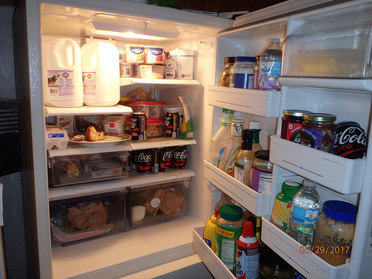
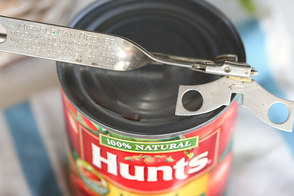

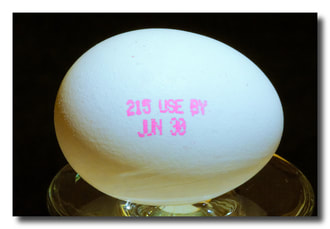
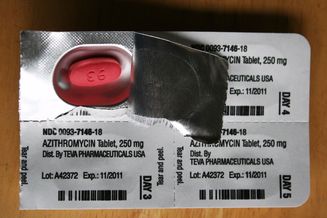
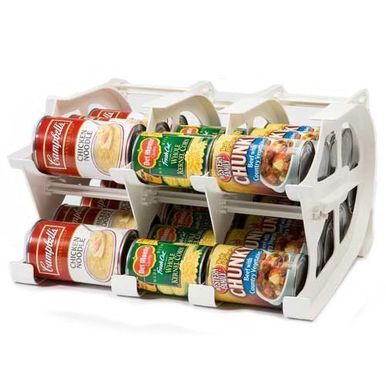
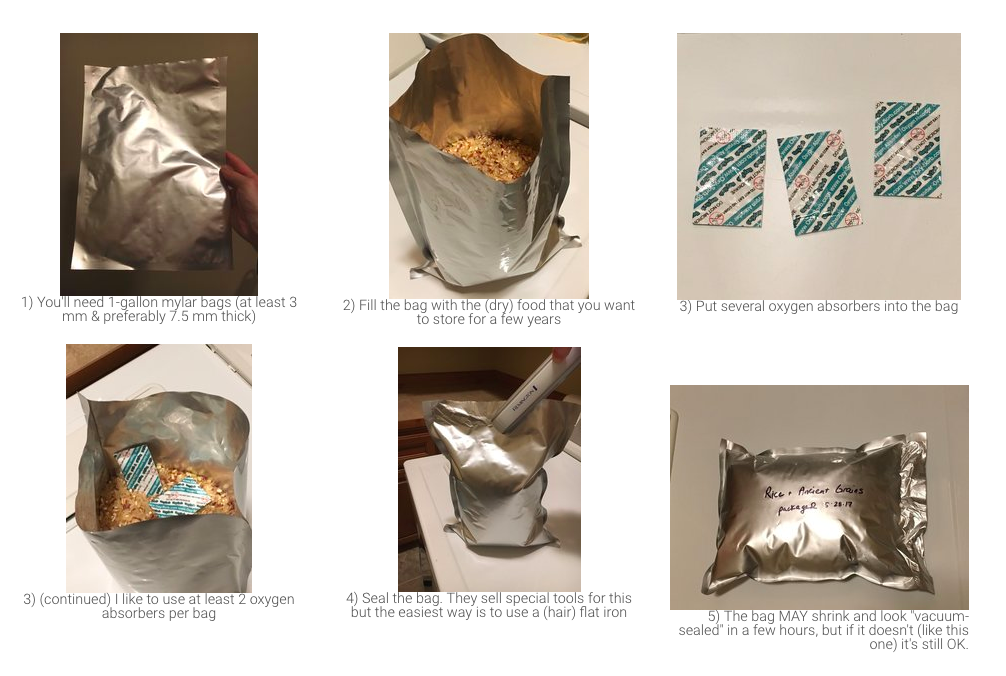
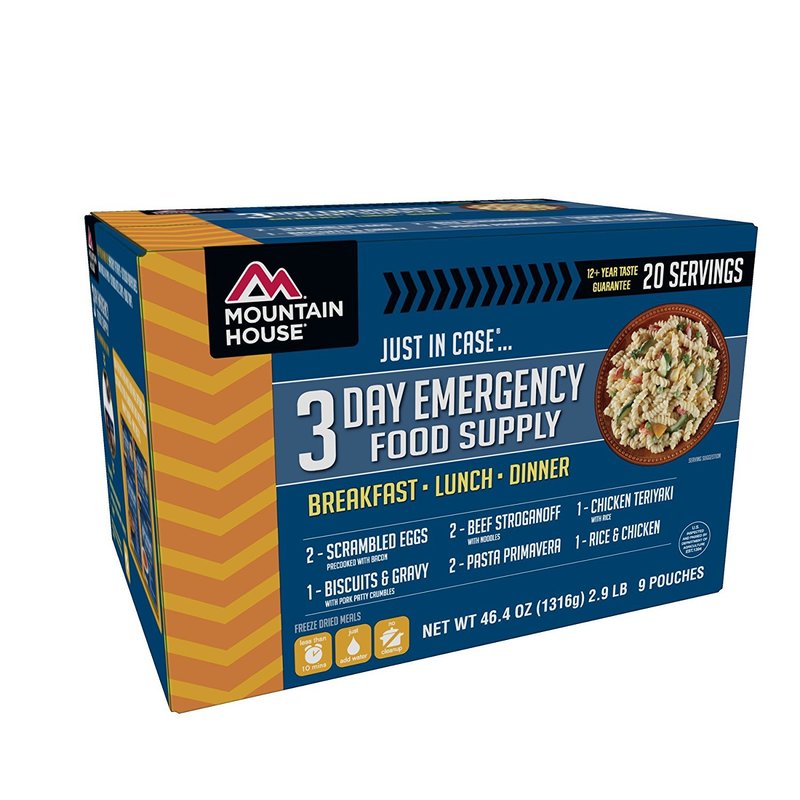

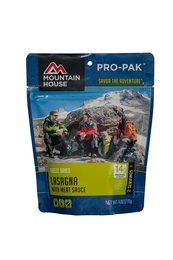
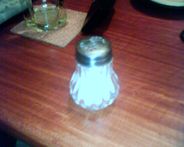

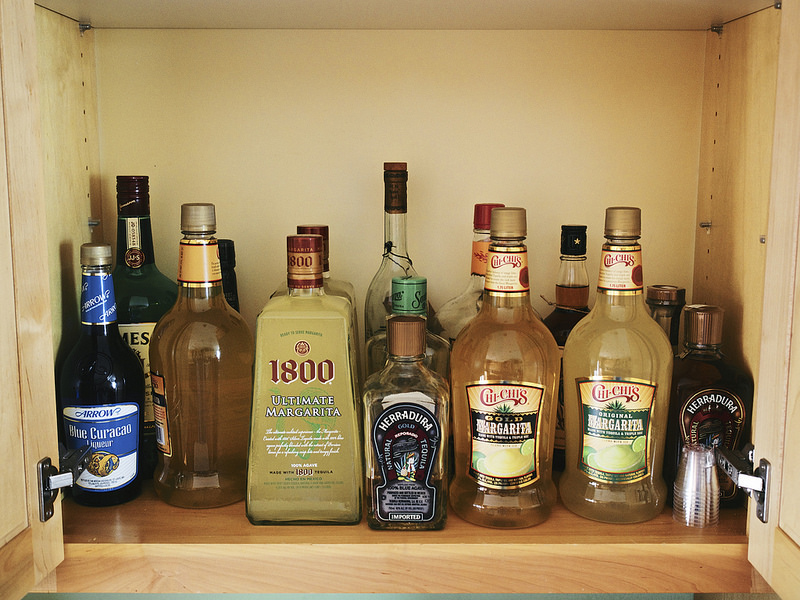
 RSS Feed
RSS Feed